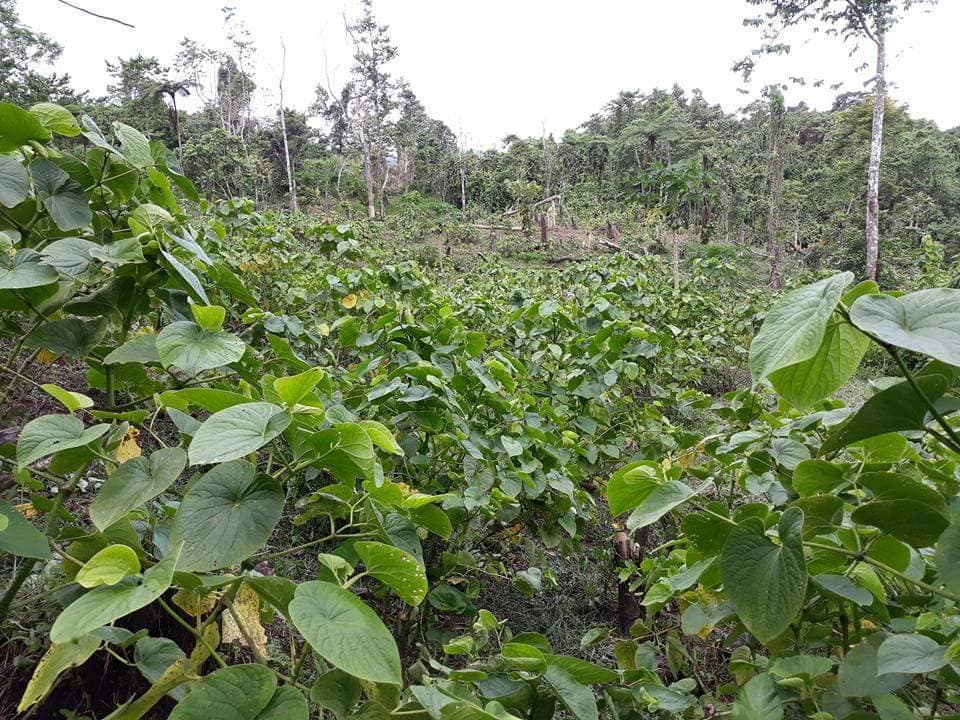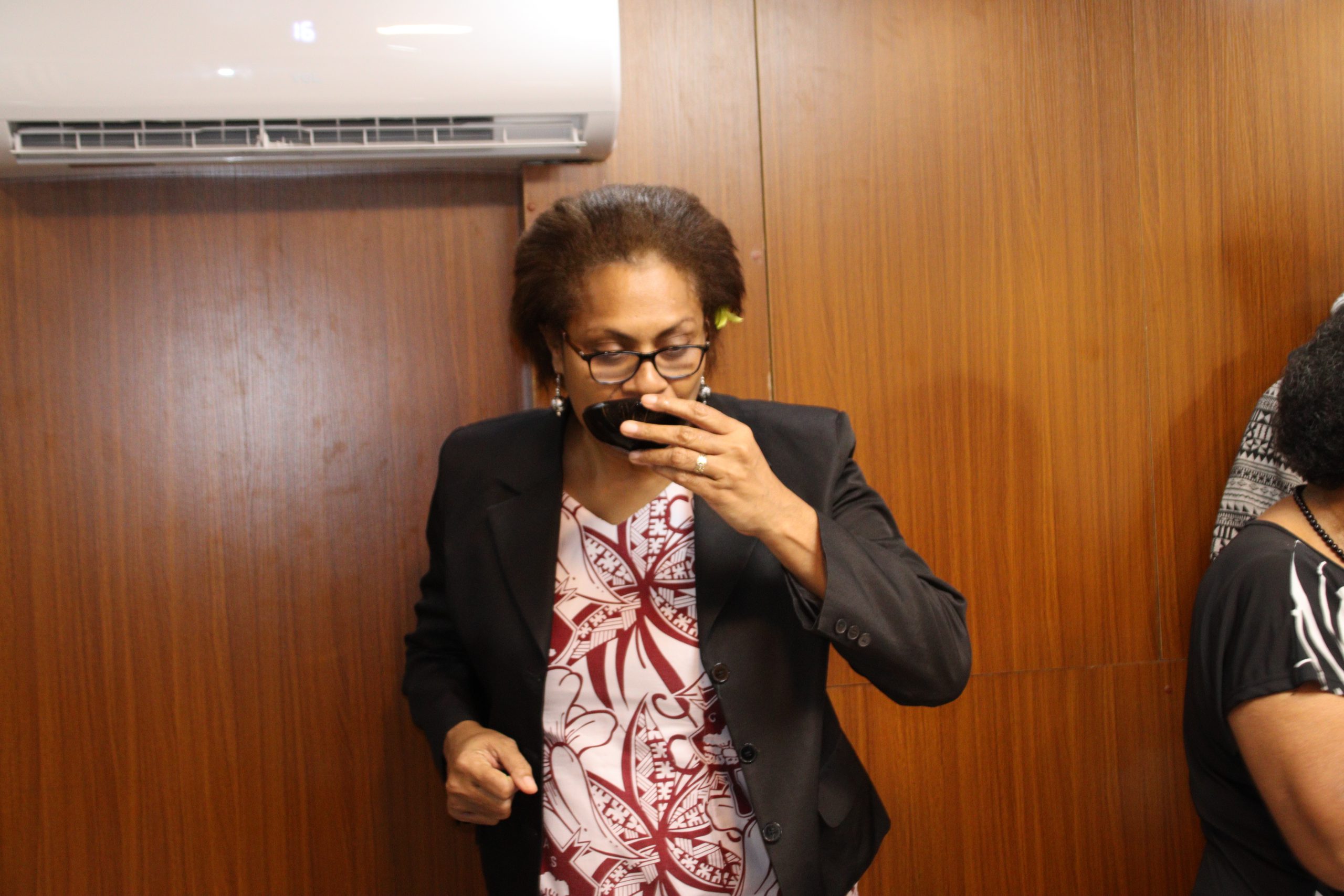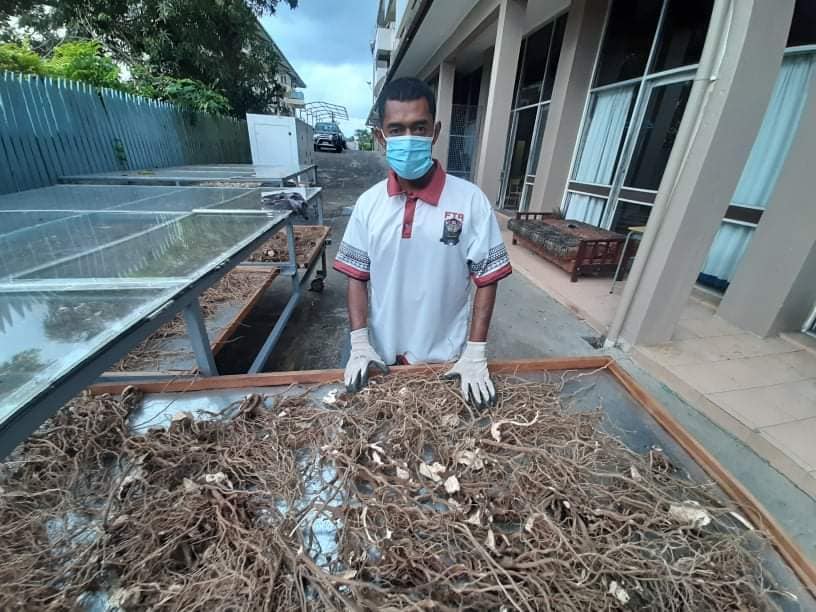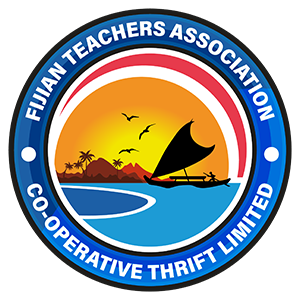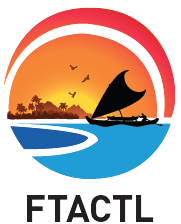FTA Pristine Kava
Kava is a fundamental part of life in Fiji and the Pacific. Kava or Yaqona, it’s Fijian terminology, is made from the roots of the Piper methysticum plant. Kava has been grown in Fiji for centuries. The significance of Kava is profoundly rooted and entrenched in the Fijian way of life whereby is used in every Fijian traditional obligation. Kava is also referred to as the ‘Wai ni Vanua’ or the traditional drink for the Fijian people. It has become a popular social drink and widely adopted by the melting pot of the Pacific.
FTA Kava is grown and nurtured in the organic soil in the interior of Vanuavou. Located in the tikina of Vaturova, in the province of Cakaudrove on Vanua Levu, the second largest island of Fiji. The high quality of FTA Kava is what makes it unique. The much anticipated horizon has now been witnessed by FTA and its subsidiaries, the harvesting of the Yaqona plants at the Vanuavou Farm. July 2020 saw the first consignment of yaqona being harvested and sent over to Suva for the local market. Whilst it is anticipated that the first few batches are being sold locally, to ensure a swift turnaround time for marketing and trading, there is also ongoing talks to secure overseas market and a wider reach for the local consumption. A farm audit conducted in August 2020 revealed a total of 19,000 well grown plants.
The quality of Kava is judged by its smell, color of the dried Kava and mostly the high lactones content. This chemical called lactones, reveal the quality of the Kava, therefor the higher the lactones, the higher the quality. FTA Kava is processed, distributed by the Fijian Teachers Association Cooperative Thrift Limited at Level 2, FTA Education House, 68 Knollys Street, Suva, Fiji and its operations depend on a shared cost ratio of 40:40:20 with FTACTL, FTAWS and FTA respectively.
